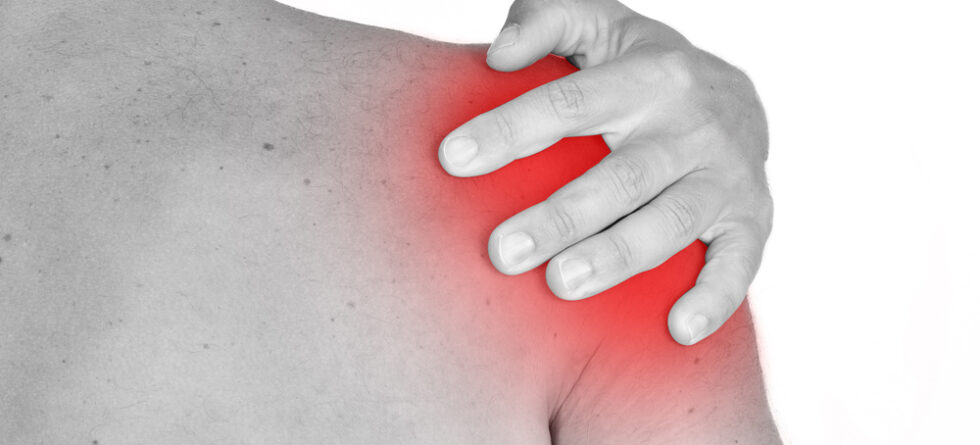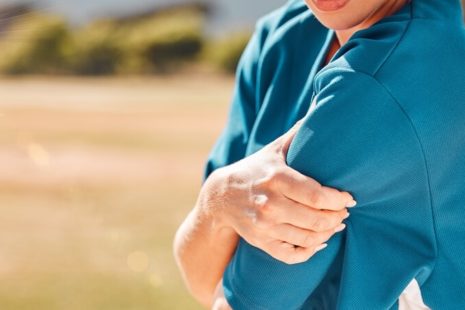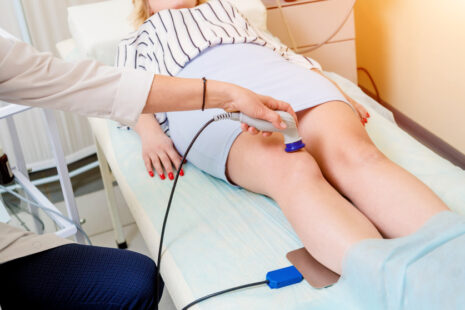To reduce rotator cuff inflammation, you can follow these steps…
- Rest – Avoid activities that aggravate the symptoms and give your shoulder adequate rest to allow the inflamed tissues to heal.
- Ice – Apply ice packs to the affected shoulder for 15-20 minutes at a time, several times a day. This helps reduce inflammation and numb pain. Be sure to wrap the ice pack in a cloth to protect your skin from ice burn.
- Nonsteroidal Anti-Inflammatory Drugs (NSAIDs) – Over-the-counter NSAIDs such as ibuprofen (Advil, Motrin) or naproxen (Aleve) can help reduce pain and inflammation. Follow the recommended dosage instructions and consult with a healthcare professional if you have any concerns or underlying medical conditions.
- Compression – Consider using a compression bandage or wrap to provide support to the shoulder joint and reduce swelling. Ensure that the compression is not too tight, as it can restrict circulation.
- Elevation – Elevate your arm above heart level whenever possible to help reduce swelling and improve circulation. You can prop up your arm with pillows while lying down or sitting.
- Physical Therapy – A physical therapist can design a specific exercise program to strengthen the muscles surrounding the shoulder joint, improve flexibility, and promote proper biomechanics. They may also incorporate modalities such as ultrasound or electrical stimulation to reduce inflammation and pain.
- Avoid Overhead Activities – Refrain from activities that require repetitive overhead movements or lifting heavy objects, as these can exacerbate rotator cuff inflammation. Modify your daily activities to minimize stress on the shoulder joint.
- Posture Correction – Poor posture can contribute to shoulder impingement and rotator cuff inflammation. Work on improving posture by sitting and standing with proper alignment, avoiding slouching or rounding the shoulders forward.
- Heat Therapy – After the initial acute phase of inflammation has subsided, you can use heat therapy, such as warm compresses or heating pads, to help relax the muscles and improve blood flow to the affected area. Heat therapy is beneficial for promoting tissue healing and reducing muscle stiffness.
- Modify Activities – If certain activities or sports aggravate your symptoms, consider modifying or temporarily avoiding them until your shoulder has fully recovered. Gradually reintroduce activities as tolerated, and listen to your body’s signals to prevent re-injury.
If conservative treatments do not provide relief or if symptoms persist, consult with a healthcare professional, such as a doctor or orthopedic specialist, for further evaluation and management options. In some cases, corticosteroid injections or surgery may be recommended for severe or persistent rotator cuff inflammation.




